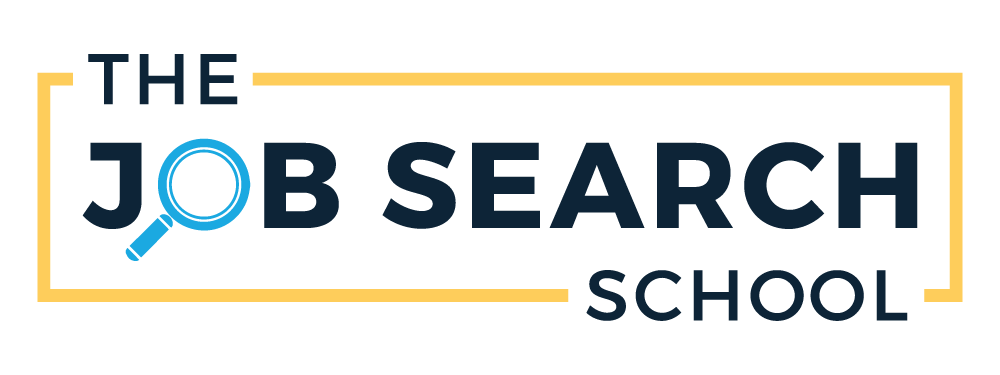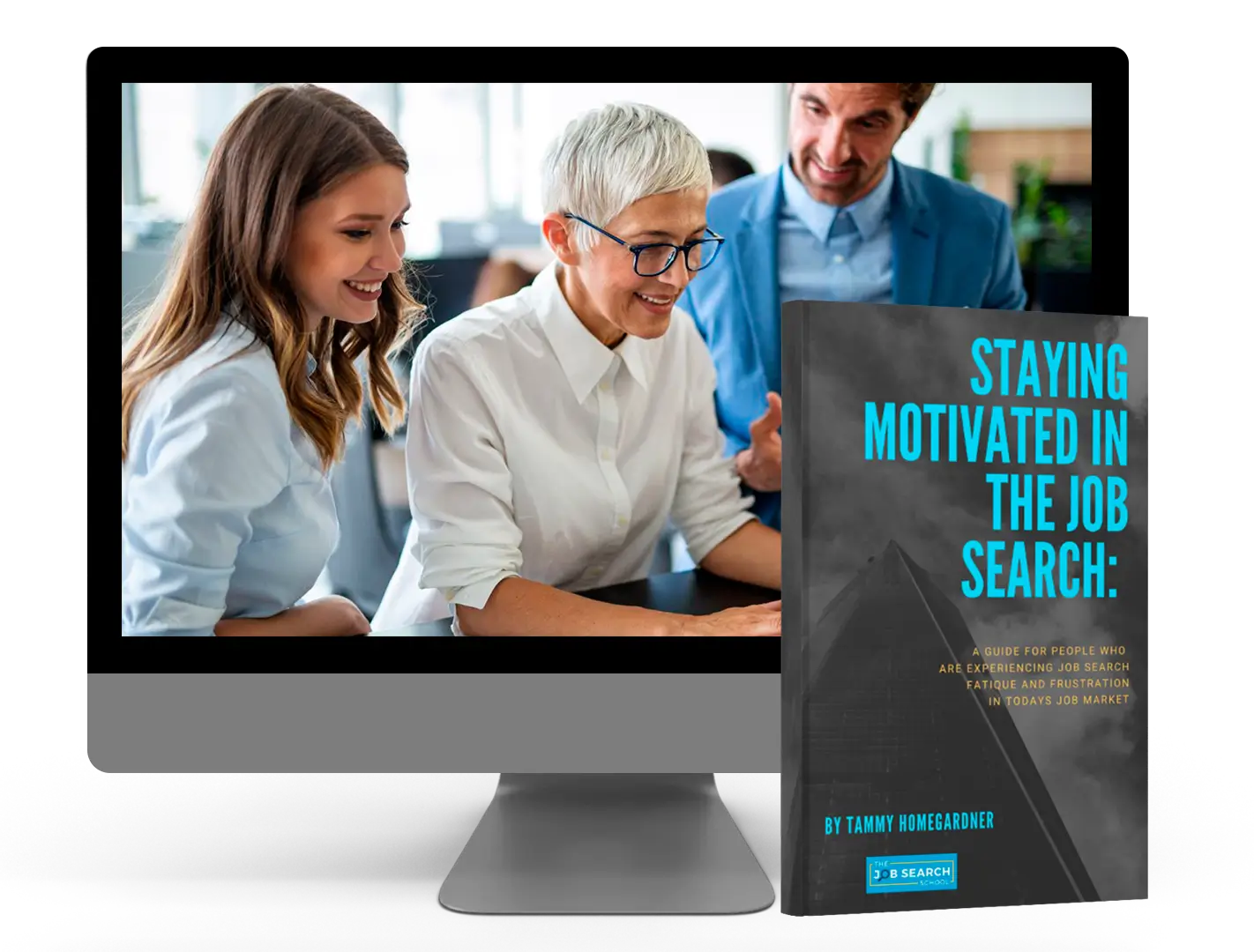I Need Experience to Get a Job, but I Need a Job to Get Experience. What Can I Do?
Congratulations! You have just graduated from college or are looking to break into a new and exciting field. The only problem? The entry-level positio…
I Need Experience to Get a Job, but I Need a Job to Get Experience. What Can I Do? Read More »











